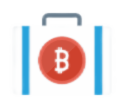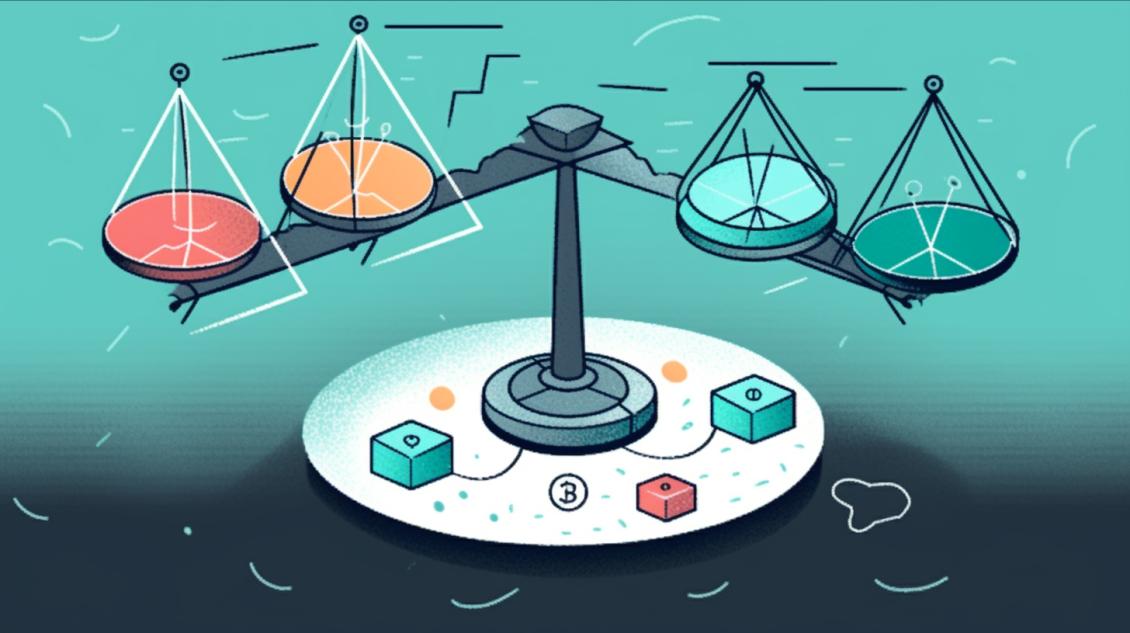As the world of decentralized finance (DeFi) continues to expand, investors and users need to understand the risks associated with this emerging ecosystem. The growth of DeFi has been fueled by the introduction of governance tokens, which give users a say in the protocols’ future development. This article will explore why governance tokens matter, the risks associated with DeFi, and how investors can avoid potential pitfalls. We’ll provide proven facts, examples, and reference links from trusted academic and governmental sources to help guide your understanding.
Section 1: Understanding Governance Tokens
1.1 What are Governance Tokens?
Governance tokens are digital assets that represent voting power within decentralized protocols. These tokens give users the ability to propose and vote on changes to the protocol, helping to shape its future development [1]. Examples of popular governance tokens include Uniswap’s UNI, Aave’s AAVE, and Compound’s COMP.
1.2 Importance of Governance Tokens
Governance tokens play a crucial role in the DeFi ecosystem by:
- a. Decentralizing decision-making: They help to distribute decision-making power among users, fostering a sense of ownership and reducing the risk of centralized control.
- b. Incentivizing users: Governance tokens often come with financial incentives, such as yield farming or liquidity mining, which encourage users to participate in the protocol.
- c. Driving innovation: The ability to vote on protocol upgrades can lead to the rapid development and implementation of new features, improving the overall user experience.
Section 2: DeFi Risks and Challenges
2.1 Smart Contract Vulnerabilities
Smart contracts, the backbone of DeFi protocols, can contain bugs or vulnerabilities that can be exploited by bad actors, leading to significant financial losses. Notable examples include the DAO hack in 2016 and the Parity Wallet incident in 2017.
2.2 Centralization Risks
While DeFi aims to decentralize finance, some protocols have elements of centralization, such as admin keys or oracle reliance, which can expose them to risks like censorship or manipulation.
2.3 Regulatory Uncertainty
DeFi operates in a gray area concerning regulation, and as governments begin to develop frameworks for digital assets, there may be increased scrutiny and potential legal challenges.
Section 3: Risk Mitigation Strategies for Investors
3.1 Due Diligence
Conduct thorough research on the project, team, and tokenomics before investing in a DeFi protocol. Examine the smart contract code or look for third-party audits to assess the security of the platform.
3.2 Diversification
Diversify your investments across different protocols and asset classes to reduce the impact of potential losses.
3.3 Monitor Governance Proposals
Stay informed about governance proposals and participate in voting to ensure your interests are represented and to protect your investments.
3.4 Use Reputable Wallets and Exchanges
Store your digital assets in secure wallets, like hardware wallets or well-regarded software wallets, and use reputable exchanges for trading to minimize the risk of hacks and theft.
3.5 Stay Informed on Regulatory Developments
Keep up to date with regulatory developments in the DeFi space to ensure compliance and avoid potential legal issues.
Conclusion
As the DeFi ecosystem continues to grow, understanding the importance of governance tokens and the associated risks is crucial for investors. By engaging in due diligence, diversifying investments, monitoring governance proposals, using reputable wallets and exchanges, and staying informed on regulatory developments, investors can navigate the DeFi landscape more safely and effectively.
While DeFi brings forth a new era of financial innovation and inclusion, it’s essential to remain cautious and vigilant when participating in this burgeoning space. With the right knowledge and strategies in place, investors can harness the potential of DeFi while minimizing the risks involved.
FAQs
Hey there! Governance tokens basically give holders a say in the protocol’s decisions. Think of it as having a vote in how the platform evolves. Real decentralized vibes!
Well, they empower users, like you and me, to shape a project’s future. It’s not just about hodling; it’s about having a voice in DeFi’s direction.
Not quite! While they might moon just like any crypto, their primary function is to let users participate in decisions. More control, less whale play!
DeFi’s rad, but it’s still the Wild West out here. Risks include smart contract bugs, impermanent loss, and, unfortunately, rug pulls. Always DYOR!
With governance tokens, the community can propose changes. If there’s a risky move or a dodgy update, the community can vote it down. Real-time protocol patching!
Nah, mate! They help, but they’re no magic bullet. Always use your noggin and stay cautious. Combine governance power with solid research.
Nope! Some have more clout than others, and the distribution might vary. It’s all about tokenomics. Dive into the whitepaper before diving into the pool.
Different strokes for different folks! Some platforms prefer to streamline or might have other incentive structures. But governance tokens? They’re the real MVPs in community-driven projects.
Many ways, bud! Farming, staking, sometimes even airdrops. Just be wary of gas fees and always use reputable exchanges.
They can try, but well-designed systems have safeguards. Still, always keep an eye out for concentration and shenanigans.
Typically no. As long as you HODL, you’ve got a say. But, some protocols might have unique mechanisms. Token power to the people!
Jump in, but with both eyes open! Understand liquidity pools, be wary of high APYs that look too good, and always, ALWAYS, keep your keys safe. DeFi’s a ride, so enjoy, but buckle up!

